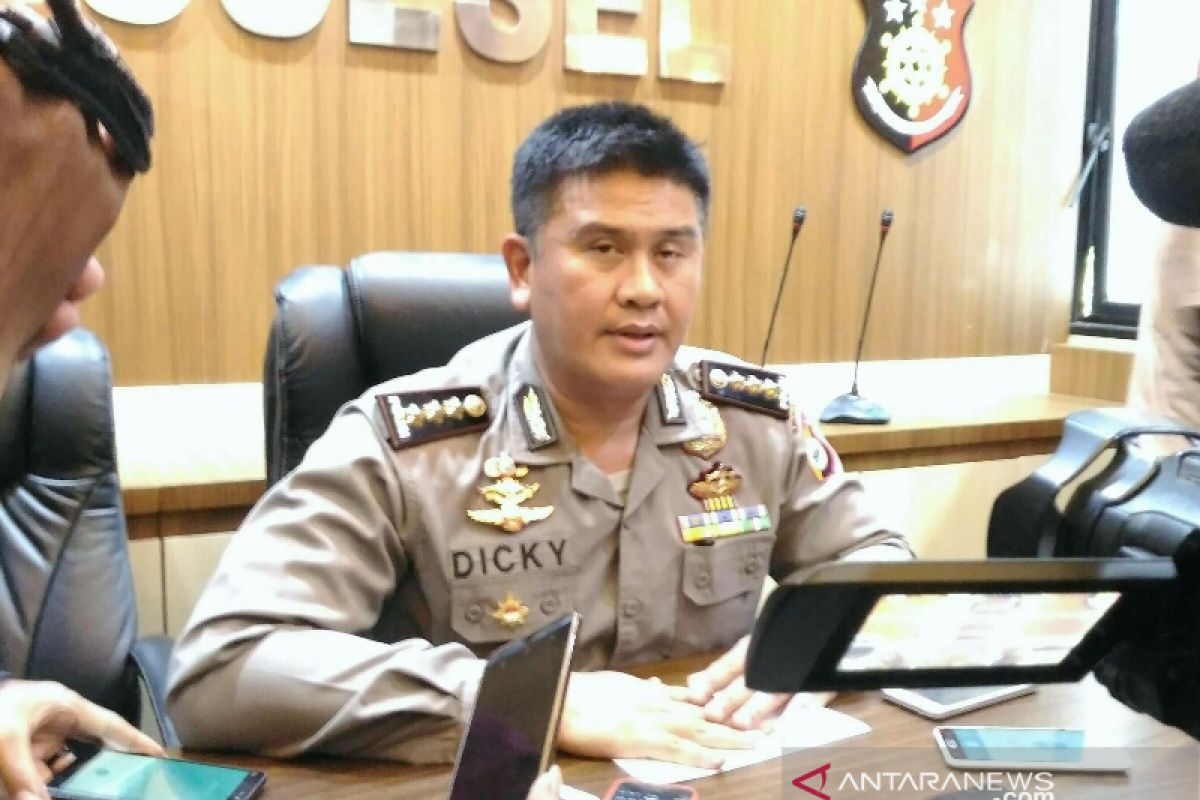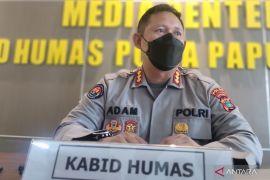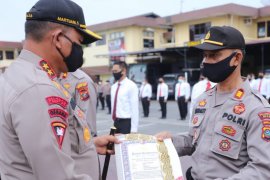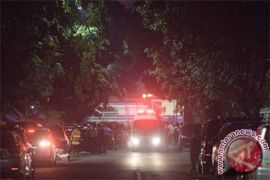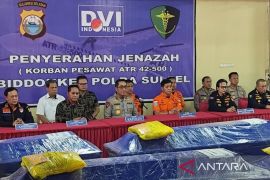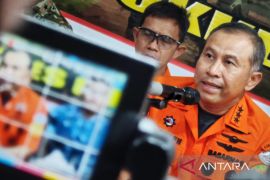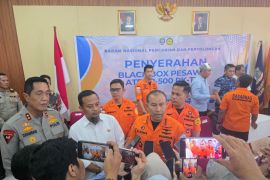The South Sulawesi police spokesman, Sen.Coms. Dicky Sondani, confirmed the accuracy of a video showing the two anti-riot policemen, equipped with police shield, baton, and weapon, entering the mosque without releasing their boots.
"Regarding this incident, the South Sulawesi Police apologize for what has happened. This is the clarification that we make based on the South Sulawesi police chief's directive," he said in a statement made available to ANTARA here on Tuesday evening.
At first, Dicky Sondani denied that this controversial video that went viral on You Tube and WhatsApp did happen inside a mosque located in Makassar, the capital city of South Sulawesi Province, on the day the Makassar-based students stage their massive protest.
He argued that the video looked like the one that occurred in Petamburan, Central Jakarta, several months ago.
However, on Tuesday evening, Dicky Sondani clarified the incident saying that it did occur inside a mosque beside the South Sulawesi parliament building. The anti-riot policemen chased several students who used the mosque as a place to hide.
Due to the policemen's repressive acts against the demonstrators and journalists who covered the protest, three journalists sustained injuries, including Muh Darwin Fatir of Indonesia's national news agency ANTARA.
The wounded journalists as well as injured students who protested against the recent passage of the revised Corruption Eradication Commission Law, were then rushed to Awal Bros Hospital for treatment.
Commenting on this incident, Secretary of the Association of Indonesian Journalists (PJI) Syafril Rahmat was quoted by Makassar Today as appealing to the South Sulawesi police chief to probe into the police action against the journalists.
The journalists were not criminals. Instead, they did their professional work as mandated by the Press Law Number 40/1999. To this end, the South Sulawesi police chief should take stern action against his men who were responsible for the incident.
Makassar is not the only city in Indonesia where students took to the streets to protest the recent passing of the Corruption Eradication Commission Law and other controversial bills.
The protests also broke out in Indonesia's capital city, Jakarta, and many other cities, including Medan in North Sumatra, Malang in East Java, and Bandung in West Java.
They all echoed their demands for the House of Representatives' (DPR's) to not pass the controversial bills, including the Criminal Code Bill.
Translator: Muh.Hasanuddin, Rahmad Nasutio
Editor: Fardah Assegaf
Copyright © ANTARA 2019
